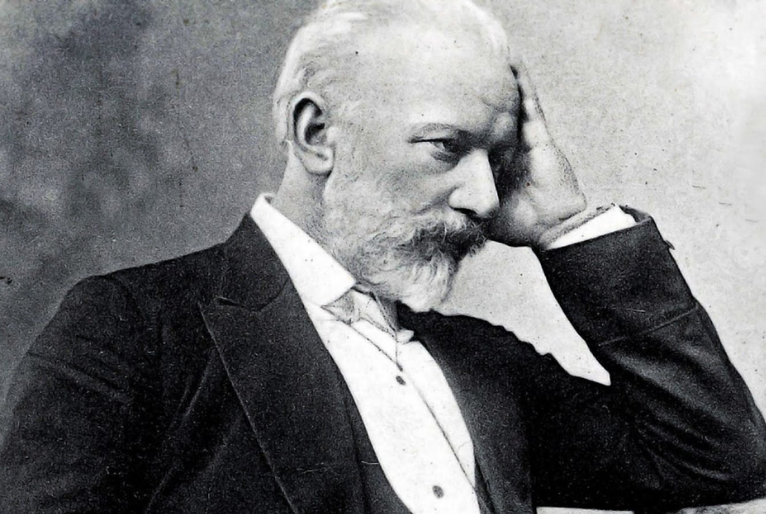Pyotr Ilyich Tchaikovsky, one of the most celebrated composers in the history of classical music, was born on May 7, 1840, in Votkinsk, a small town in the Russian Empire. He displayed an early aptitude for music, which was nurtured by his family’s supportive environment. His father, a mining engineer, and his mother, of French ancestry, recognized his talent and provided him with a comprehensive musical education.
At the age of six, Tchaikovsky began taking piano lessons, demonstrating remarkable progress and an innate musical sensitivity. His formal education continued at the Imperial School of Jurisprudence in Saint Petersburg, where he was trained for a career in civil service. However, his passion for music prevailed, and he enrolled in the newly established Saint Petersburg Conservatory at the age of 21, against his family’s wishes.
Under the guidance of renowned composers such as Anton Rubinstein, Tchaikovsky honed his compositional skills and developed his distinctive style. His early works, including his First Symphony, “Winter Daydreams,” and the opera “Eugene Onegin,” gained him recognition and admiration within the Russian musical community.
Tchaikovsky’s international breakthrough came with the premiere of his ballet “Swan Lake” in 1877. This masterpiece, characterized by its enchanting melodies and evocative orchestration, established him as a leading composer of ballet music. It was followed by equally successful ballets, including “The Sleeping Beauty” and “The Nutcracker,” which have since become timeless classics of the repertoire.
Despite his professional success, Tchaikovsky’s personal life was marked by turmoil and inner conflict. He struggled with his homosexuality in a society that was deeply intolerant of non-conformity. His brief and ill-fated marriage to Antonina Miliukova ended in separation, exacerbating his emotional distress.
Throughout his life, Tchaikovsky found solace and inspiration in his music. His compositions reflect a profound emotional depth, ranging from the exuberant joy of his symphonies and concertos to the poignant melancholy of his chamber music and operas. His Symphony No. 6, “Pathétique,” stands as a testament to his genius, blending sublime melodies with profound introspection.
Tchaikovsky’s legacy extends far beyond his lifetime, influencing generations of composers and captivating audiences around the world. His music continues to be performed and cherished for its timeless beauty and emotional resonance, ensuring his enduring place in the pantheon of classical music. Pyotr Ilyich Tchaikovsky passed away on November 6, 1893, leaving behind a rich legacy of musical masterpieces that continue to enchant and inspire audiences to this day.


Comments are closed